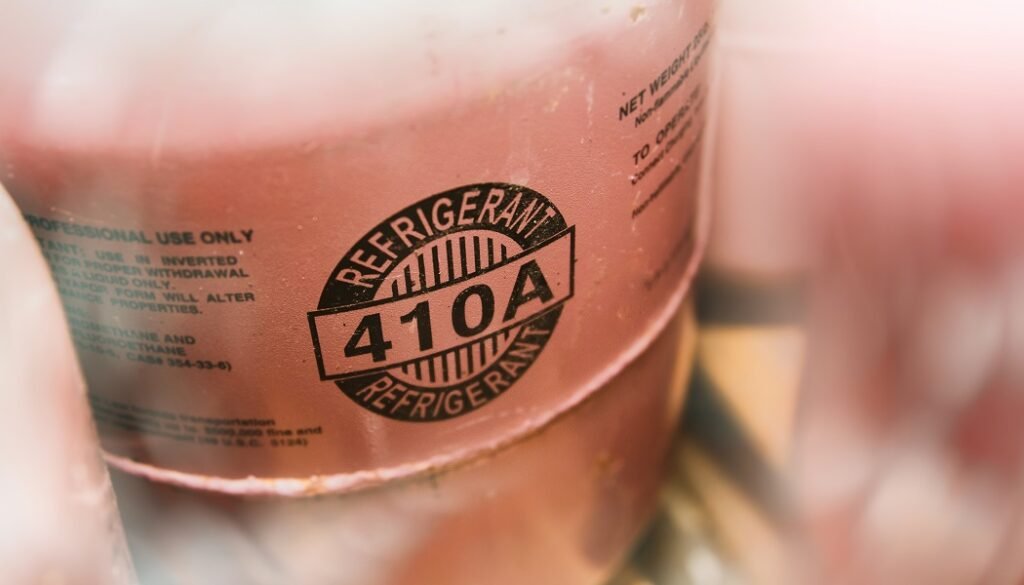On March 9, 2022, the Environmental Public Health (Toxic Industrial Waste) (Amendment) Regulations 2022 (the “Regulations”) were published in Singapore. The regulations add “spent refrigerants” to the list of toxic industrial wastes subject to the Environmental Public Health (Toxic Industrial Wastes) Regulations. The definition of spent refrigerants is as follows:
| Refrigerants that are ozone‑depleting or have a global warming potential exceeding 15 (e.g. hydrofluorocarbons, hydrochlorofluorocarbons and any blends containing hydrofluorocarbons or hydrochlorofluorocarbons), removed or recovered from air‑conditioners, dryers and refrigerators |
The definitions of air conditioners, dryers, and refrigerators listed above are also referenced in this regulation. The following products are excluded from the regulations, and thus spent refrigerants recovered from them are not subject to the Environmental Public Health (Toxic Industrial Waste) Regulations.
Air conditioners
-
- an air‑conditioner designed to be installed in or suspended from the ceiling;
- an air‑conditioner that is part of a centralised ducted air‑conditioning assembly;
- an air‑conditioner with a variable refrigerant flow air‑conditioning assembly;
- any pipe for refrigerant or condensate connecting the evaporator, compressor or condenser in an assembly; or
- an air‑conditioner that is a component of another product with one or more other functions
Dryers
-
- a coin‑operated or card‑operated dryer;
- a dryer that is designed to be fully programmable by the end‑user;
- a dryer with a weight of 65 kg or more; or
- a dryer that is a component of another product with one or more other functions
Refrigerators
-
- a refrigerator with a capacity exceeding 900 litres;
- a refrigerator designed for commercial display purposes;
- a wine chiller;
- a walk‑in refrigerator; or
- a refrigerator that is a component of another product with one or more other functions
Since spent refrigerants are now designated as toxic industrial waste, generators, collectors, and transporters of those must comply with various requirements under the Environmental Public Health (Toxic Industrial Waste) Regulations. For example, generators are required to notify authorities, inform transporters, and keep records of their toxic industrial waste.
The original text of the Environmental Public Health (Toxic Industrial Wastes) (Amendment) Regulations 2022 can be downloaded from:
https://sso.agc.gov.sg/SL-Supp/S167-2022/Published/20220309?DocDate=20220309&ViewType=Pdf&_=20220310190250
And, the original text of the Environmental Public Health (Toxic Industrial Wastes) Regulations can also be downloaded from:
https://sso.agc.gov.sg/SL/EPHA1987-RG11?DocDate=20220309&ViewType=Pdf&_=20220310190250
 Singapore adds spent refrigerants to list of toxic wastes
Singapore adds spent refrigerants to list of toxic wastes 

























